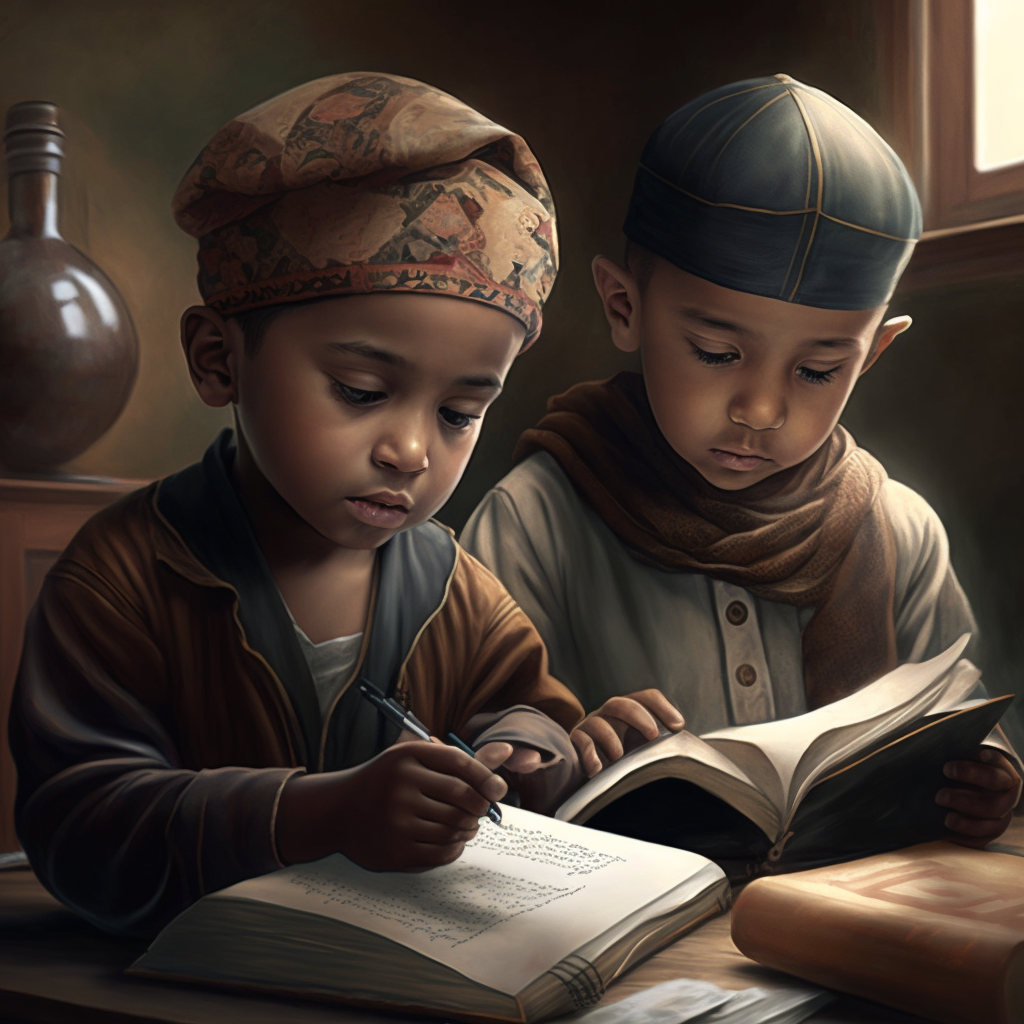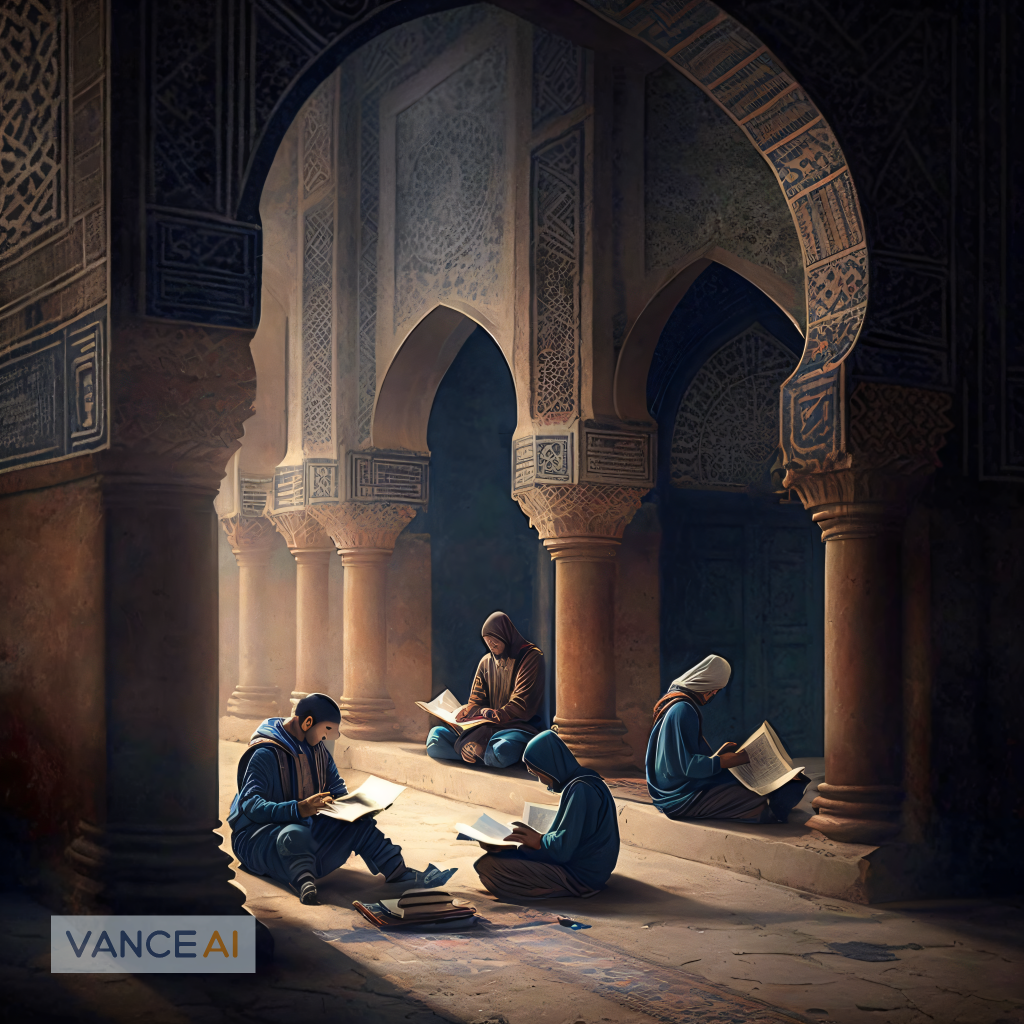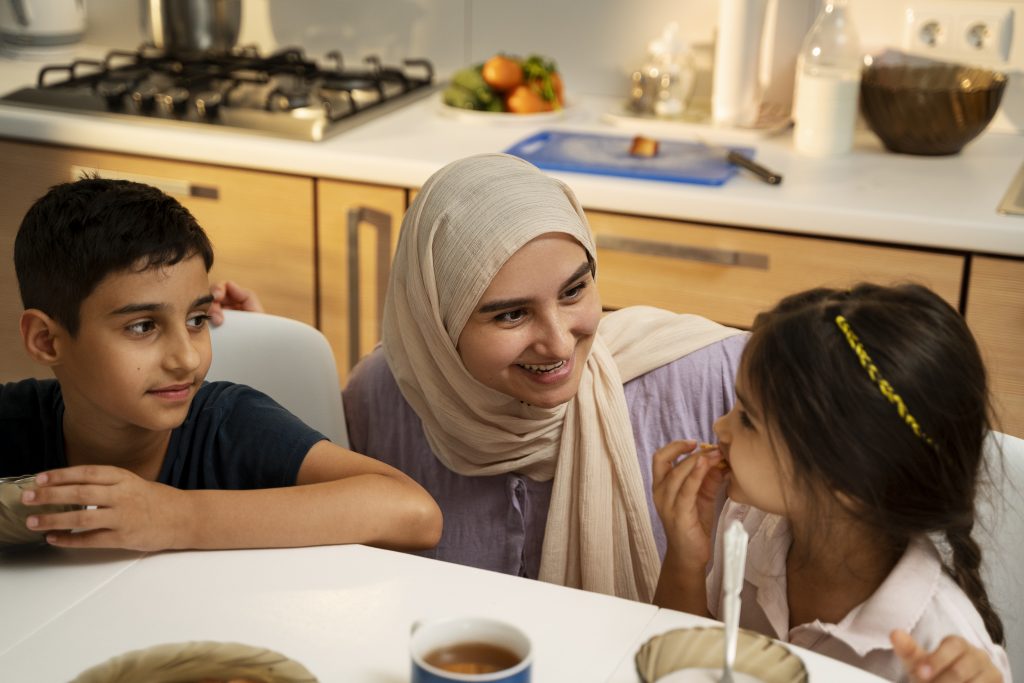
The Importance of Education in Islam
Education is widely regarded as one of the most important aspects of personal and societal development. It not only plays a crucial role in shaping individuals and helping them to reach their full potential but can also serve as a sense of identity for many. Education and seeking knowledge is an extremely important tenet of Islam. Islam places much value on education and seeking knowledge so much so that it is a religious duty for every man and woman to seek out knowledge. This lifelong journey of education begins in childhood, and so it is an important Islamic duty for parents to ensure that they provide their children with good quality education, that is not just exclusive to religious knowledge but also secular and worldly knowledge that can help enrich their natural abilities and skills.
In order to be able to provide children with a rich educational experience, it is important we understand child development. There are many child development theories that have been proposed, in fact, interest in this field increased massively in the 20th century. During the early stages of a child’s life, children do not yet understand concrete logic, cannot mentally manipulate information and are unable to take the point of view of other people.1 By the time a child reaches seven years of age it is said the child will have reached a ‘crucial milestone.’2
The Prophet Muhammad ﷺ said:
“Seeking knowledge is a duty for every Muslim (man and woman).”
(Sunan Ibn Majah 224)
Seven is the Magic Number
Seven appears to be the magic number when it comes to child development. The Greek Philosopher Aristotle is known to have said ‘give me a child until 7 and I will show you the man.’3 The age of seven has been considered the age where maturity starts to develop and has been termed the “age of reason” and was first described in a 1976 article by child psychiatrists Theodore Shapiro and Richard Perry.4
This illustrates just how crucial the first 7 years are for a child. This is the period in which the child’s brain is developing rapidly and forms strong connections and bonds; through play as well as exposing children to a positive environment, and positive role models, it cements the foundations of them developing a positive Islamic identity and inspiration to become future ambassadors of Islam.

Education – A Balancing Act
Many parents, particularly those living in western societies attempt to create a balance in their child’s education through placing importance on not just Islamic education, but also secular education. Many parents living in western societies, such as myself, believe in the importance of providing our children with a rich education which incorporates Islam, but also the development of physical, mental and emotional health which is becoming increasingly paramount in today’s society. This is quite a contrast from previous generations and in my own experience as a child where there were almost 2 forms of education i.e. school and then madrassa. School would be attended during the day which was where secular education was taught and Islamic education took place in the traditional ‘madrassa’ after school.
A Personal Decision
These days there are Islamic private schools, particularly in the UK, and Muslim parents are increasingly opting to send their children to these schools, myself being one of them. My reason for sending my children to a private Islamic school was because I wanted them to learn Islamic etiquette and manners, alongside secular education to learn what it means to be a Muslim. My own research has found that the earlier on children are exposed to an Islamic environment and positive role models particularly in those golden 7 years, they begin to feel confident and positive about their Muslim identity, which is extremely important if they are to be the future of Islam.

A rich educational experience is one that promotes a more balanced development of -and cultivates the relationship among– the different aspects of the individual (intellectual, physical, spiritual, emotional, social and aesthetic).5 Above all, according to Mahmoudi et al, a rich holistic education is concerned with life experience; developing and promoting this life experience is extremely important if we are to create a generation of young Muslims who will be well-rounded effective ambassadors of Islam.
1 K. Cherry, “Piaget›s 4 stages of Cognitive Development Explained,” Developmental Psychology
2 W. Wisner, “7 Year Old Child Development Milestones,” Child Development Guide
3 Aristotle, The Philosophy of Aristotle (New York, NY: New American Library, 1963)
4 T. Shapiro and R. Perry, “Latency Revisited,” The Psychoanalytic Study of the Child 31, no. 1 (1976): 79-105
5 H. Mahmoudi, M. Salleh, and I. Ismail, “Holistic Education: An Approach for 21st Century,” International Education Studies 5, no. 2 (2012): 178-186